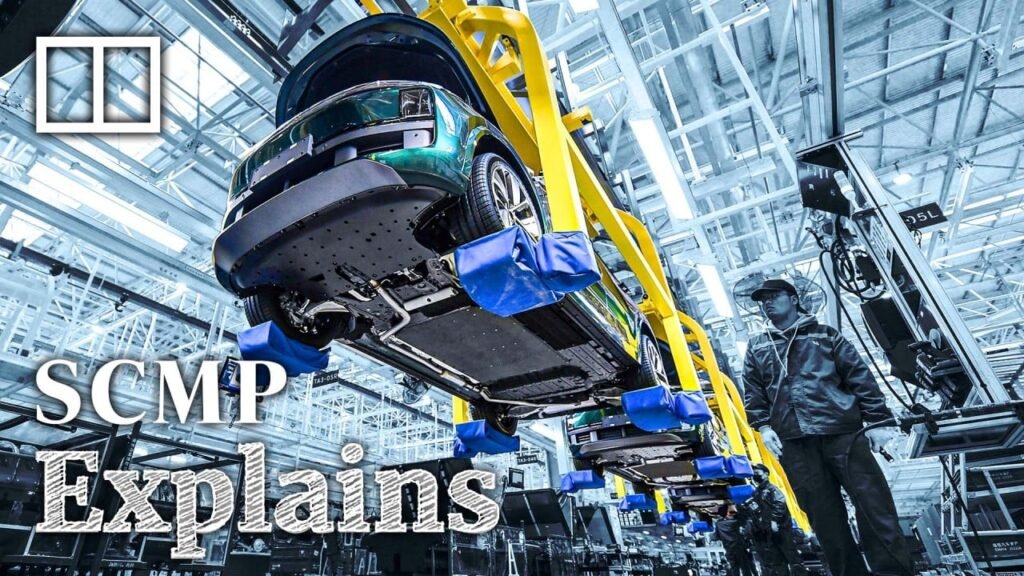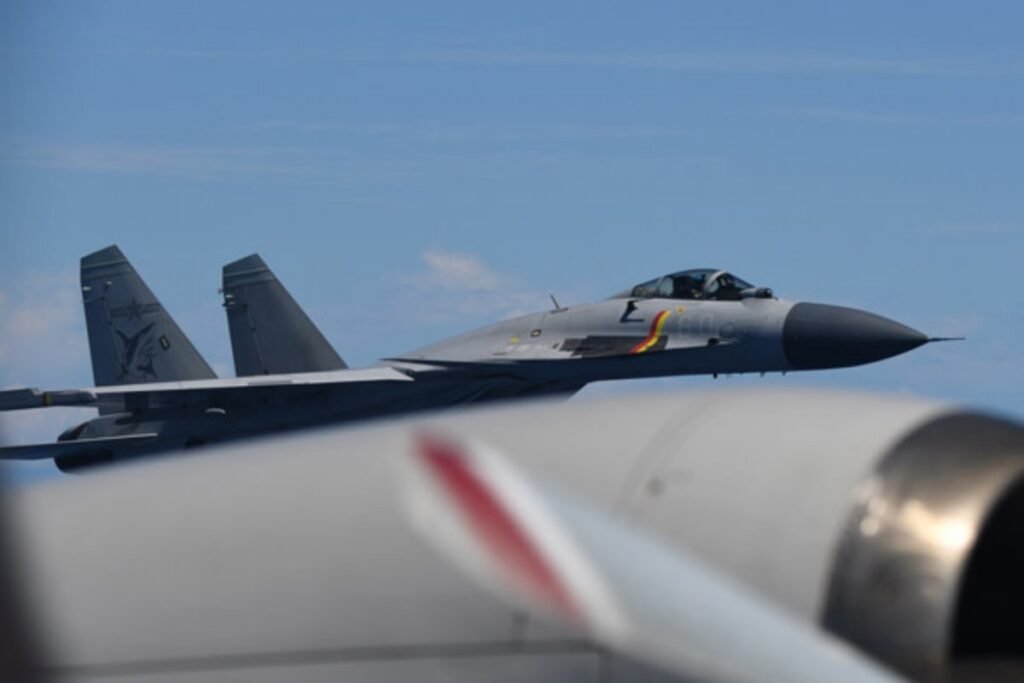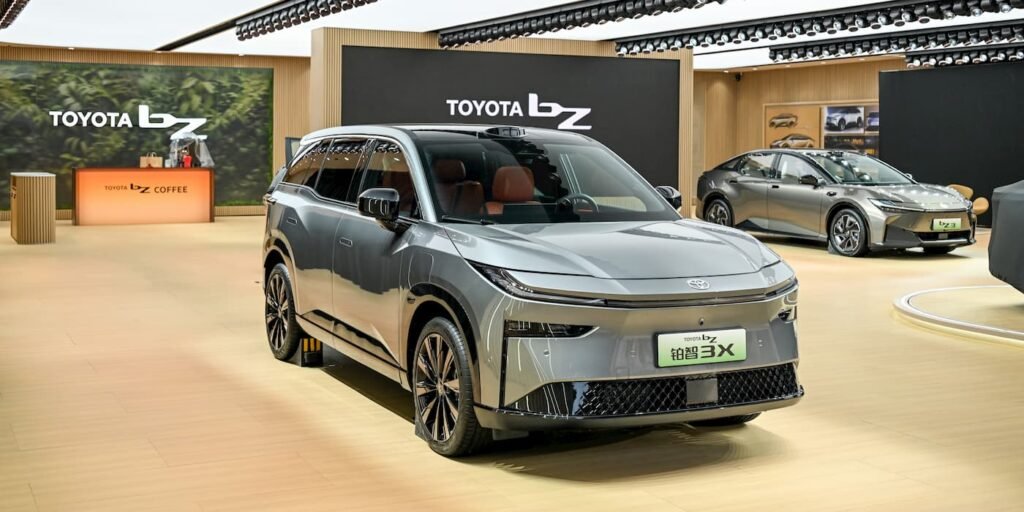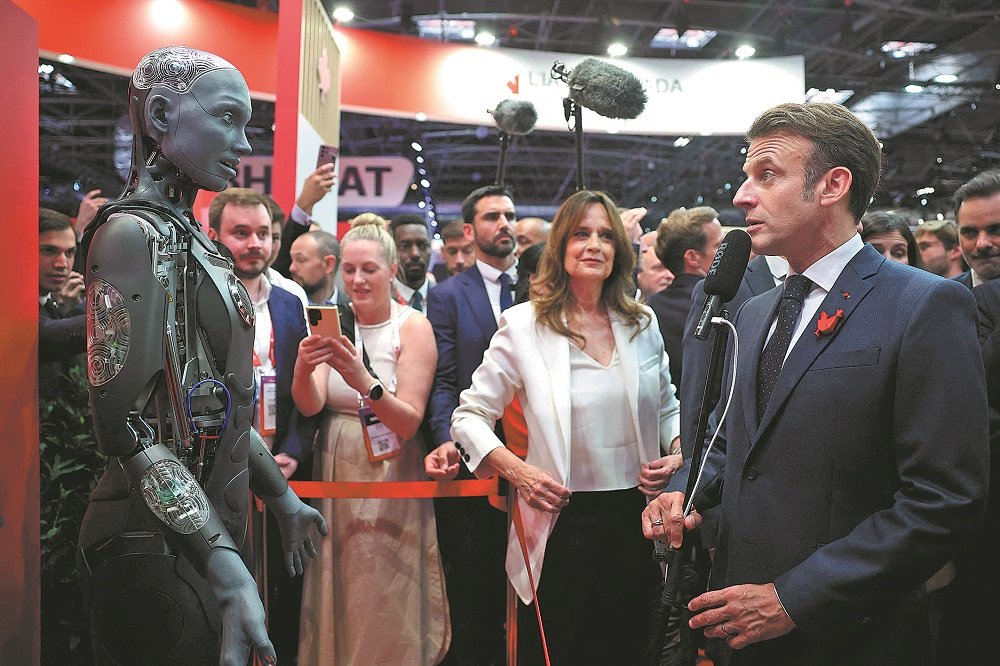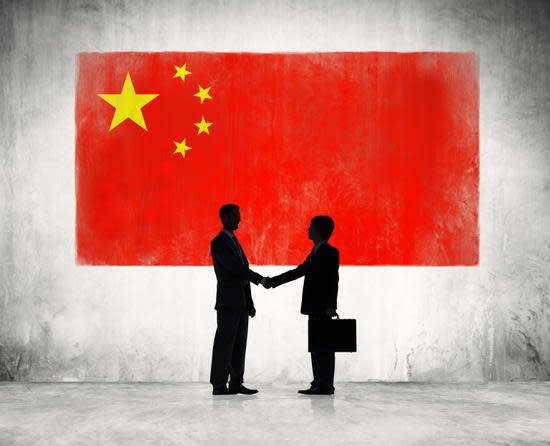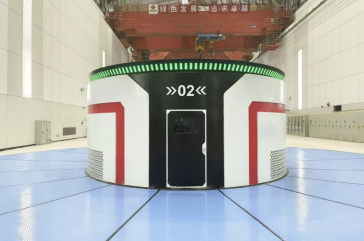The US administration is concerned about China’s progress within the AI segment, particularly Beijing’s progress with AI models.
China is Growing In AI Capabilities, Says David Sacks, Claiming That US Regulations Are Accelerating Beijing’s Progress
The US government has managed to keep a tight hold on the AI hardware being shipped to Beijing through regulatory measures and by restricting NVIDIA from exporting chips with limited capabilities. While this certainly has stifled China’s ability to grow in the AI domain, it has also driven the pursuit of domestic AI technologies, evident in the recent achievements of Huawei with their Ascend AI chips and DeepSeek with its AI models. President Trump’s AI czar, David Sacks, has revealed that China’s race for AI dominance is picking up, and the nation isn’t far from coming ahead of the US.

Sacks also expressed resentment towards the US being way more aggressive with its regulatory framework, claiming that restricting the development of AI infrastructure would only undermine the position of American technology and would ultimately allow China to offer its alternatives, not only at a far better price but with ease in restrictions. He says President Trump is aware of not “overregulating” US tech, which is why the administration rescinded Biden’s AI Diffusion policy and is instead working on an alternative.
I do worry we’re on a trajectory where fear could overtake opportunity and we end up sort of crippling this wonderful progress that we’re seeing. We rescinded that Biden diffusion rule, which…made diffusion a bad word. Diffusion of our technology should be a good word.
– David Sacks via Reuters
Talking about Chinese tech, Sacks claimed that Trump’s visit to the Middle East was a testament to the US that they don’t want China’s AI chips to end up in regions where the US has dominated. He referred to how the “US-sanctioned” Huawei managed to sell its telecom equipment to Gulf states by leveraging the US regulations. He emphasized that the administration should remove hurdles to America’s AI innovation, or, instead, competition from China will take over in the long run. He also suggested that China’s AI models are just three months away from matching parity with the US’s counterparts.

